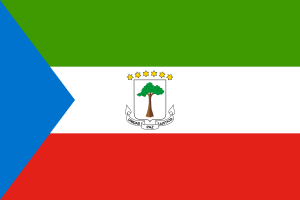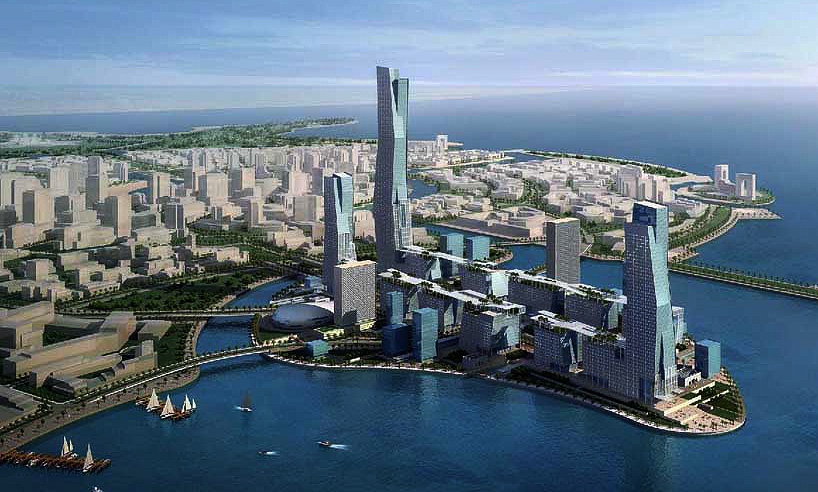Language/Spanish/Culture/Equatorial-Guinea-Timeline
Jump to navigation
Jump to search
Rate this lesson:
Historical Timeline for Equatorial Guinea - A chronology of key events
History of Equatorial Guinea[edit | edit source]
- The now continental area of Equatorial Guinea and the island of Bioko were colonized by the Portuguese during the 15th century, developing an important slave market. The territory was handed over to Spain in 1788, who kept it as a protectorate until 1959, when an internal self-government was created.
- Independence came in 1968, spending 11 years under a new dictatorship, that of the brutal President Macias Nguema. In 1979 he was overthrown by a military coup led by his lieutenant colonel and nephew Teodoro Obiang Nguema Mbasogo. The general situation improved slightly from Macias. The country benefited from the resumption of international assistance (particularly from France and Spain) and from the country's entry as a full member of the Central African Economic and Customs Union (CEEAC) in December 1983, and from its entry into the French Monetary Zone two years later.
- In 1989, Obiang won the elections in which he was the only candidate. Relations with Spain, the former colonial power, remain in a delicate situation since assistance was conditioned on progress in the democratization of the political system. In 1991, the Government granted a new constitution authorizing the formation of opposition political parties and the separation of powers between the Prime Minister and the President.
- In February 1992, an interim government, drawn exclusively from the ruling party, the PDGE, announced the convening of multiparty legislative and presidential elections. The previous 1993 convocation was rendered ineffective due to the opposition boycott and complaints about the electoral law, which led to these elections being won by the PDGE, in the proportion of 75% of the seats. Following the expulsion of its consul general in Bata, in January 1994, Spain halved the aid it was granting to Equatorial Guinea. After the elections, the regime continued its policy of silencing and annihilating any political opposition.
- In 1995, Severo Moto, leader of the Progressive Party, was sentenced to two and a half years in prison for an alleged bribery and for having "damaged the reputation" of Obiang. In April, Moto was sentenced again to 28 years in prison for treason and conspiracy. Later, members of the Bioko Self-Determination Movement were tried without guarantees and with the prohibition of the presence of international observers, accused of conspiracy against the State, some of whom were sentenced to death.
- In 1998, Severo Moto and four other people filed a complaint against the President of Equatorial Guinea, Teodoro Obiang, at the National Court of Spain for the crime of continued national and international terrorism.
- In December 2002, Obiang was elected to a new seven-year term with 97.1 of the votes. The president was the only candidate: all of his rivals withdrew amid accusations of massive electoral fraud.
- Authorities thwarted a 2004 coup attempt organized by Simon Mann, a former British special forces officer. The plan generated worldwide repercussions after Mark Thatcher, son of former Prime Minister Margaret Thatcher, was arrested in South Africa on suspicion of financing the coup attempt. Thatcher eventually accepted a guilty plea to South African authorities, having denied being involved. Zimbabwe deported Mann to Equatorial Guinea in 2008, where a court sentenced him in July to 34 years in prison.
Source[edit | edit source]
World Timelines[edit source]
Other Lessons[edit | edit source]
- Canary Islands Timeline
- Start Reading in Spanish
- Bolivia Timeline
- Panama Timeline
- Argentina Timeline
- Mexico Timeline
- El Salvador Timeline
- Timeline of Spain
- Countries with Spanish as an official language
- Why Learn Spanish
- History
- Ceuta and Melilla Timeline
- Peru Timeline
- Dominican Republic Timeline


